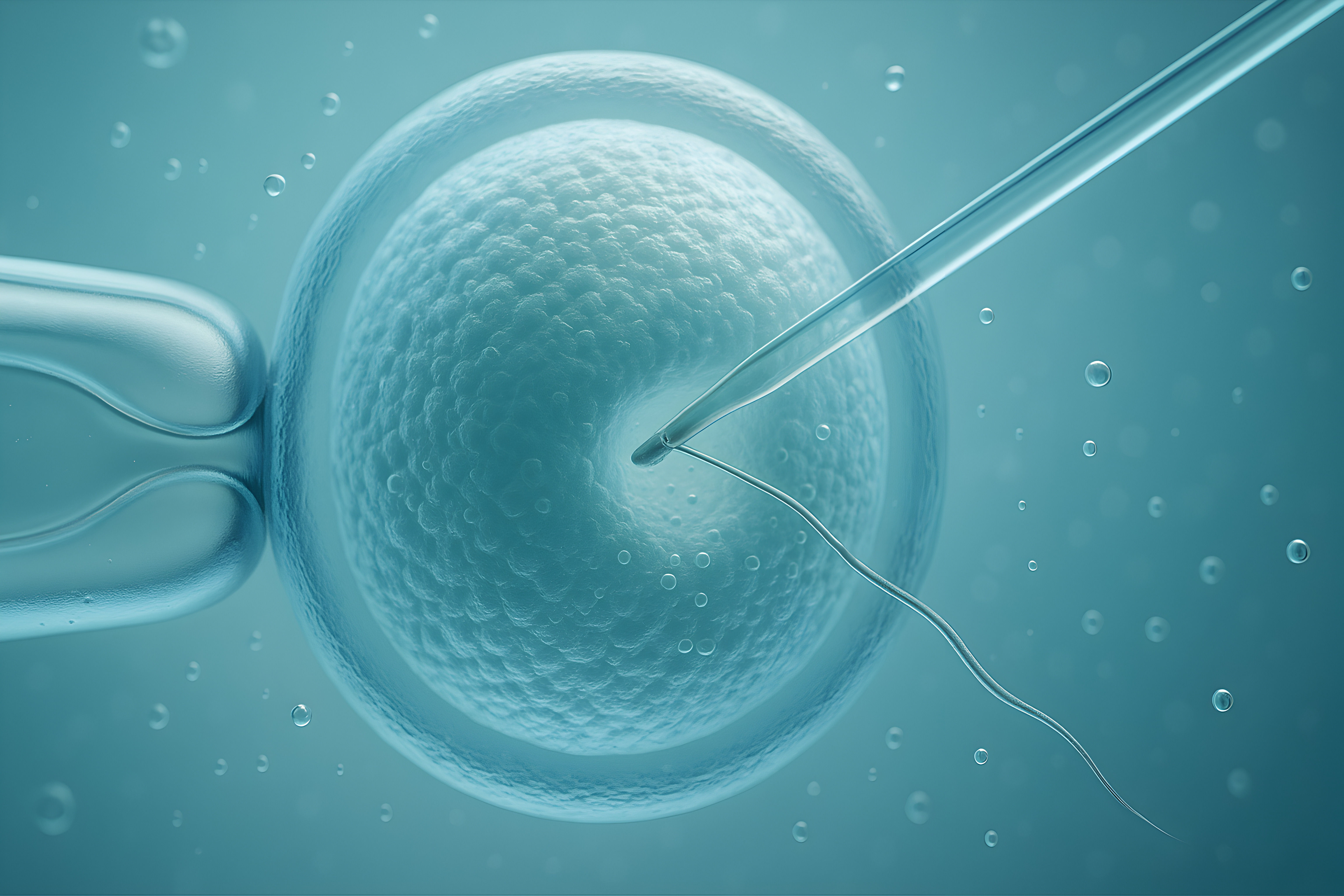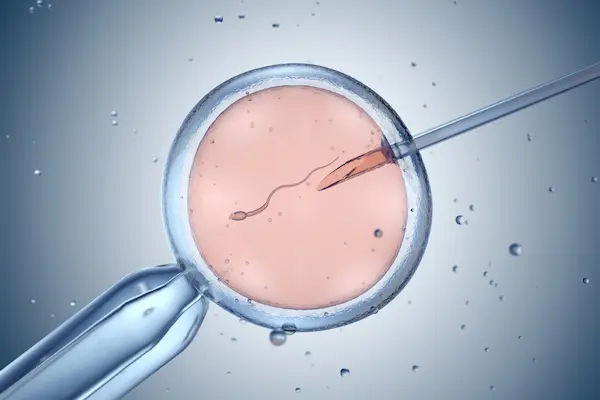Women’s Infertility: Causes, Diagnosis and Prevention
Know about women’s infertility, the reason behind it, common signs, causes, how it is diagnosed and can be prevented. Learn about the fertility management and more.


Introduction
Infertility is a common concern that affects many women worldwide. If you or someone you know is struggling to conceive, it’s important to understand that you’re not alone. Infertility can be emotionally challenging, but with the right knowledge and medical support, many women can overcome it.
This article will help you understand the causes, diagnosis, and prevention of female infertility in simple terms. We’ll also share some practical tips to improve fertility and when to seek medical help.
What is Infertility in Women?
Infertility is defined as the inability to conceive after 12 months of regular, unprotected intercourse (or 6 months if the woman is over 35). It can be caused by various factors related to reproductive health.
Consult General Practitioner for Personalised Advice
Common Signs of Infertility in Women
- Irregular or absent menstrual cycles
- Painful or heavy periods
- Hormonal imbalances (acne, excessive hair growth, weight changes)
- History of pelvic infections or sexually transmitted diseases (STDs)
- Previous miscarriages
- Difficulty getting pregnant despite trying for a year
If you experience any of these symptoms, it’s a good idea to consult a doctor for further evaluation.
What Causes Female Infertility?
Several factors can contribute to infertility in women. Some of the most common causes include:
1. Ovulation Disorders
- Polycystic Ovary Syndrome (PCOS): A hormonal disorder that prevents regular ovulation.
- Premature Ovarian Failure (POF): When ovaries stop functioning before age 40.
- Thyroid Problems: Both hypothyroidism (underactive thyroid) and hyperthyroidism (overactive thyroid) can affect
fertility.
2. Fallopian Tube Blockage or Damage
- Infections like pelvic inflammatory disease (PID) or endometriosis can block or scar the tubes, preventing the egg and
sperm from meeting.
3. Uterine or Cervical Issues
- Fibroids or polyps in the uterus can interfere with implantation.
- Cervical mucus problems may prevent sperm from reaching the egg.
4. Age-Related Factors
- Fertility declines naturally after age 35, with a significant drop after 40.
5. Lifestyle Factors
- Smoking, excessive alcohol, and caffeine
- Obesity or being underweight
- Chronic stress
How is Female Infertility Diagnosed?
If you’re having trouble conceiving, your doctor may recommend the following tests:
1. Blood Tests
- To check hormone levels (FSH, LH, AMH, thyroid, and prolactin).
2. Ultrasound (Transvaginal or Pelvic)
- To examine the ovaries, uterus, and fallopian tubes for abnormalities like PCOS or fibroids.
3. Hysterosalpingography (HSG)
- An X-ray test to check if the fallopian tubes are blocked.
4. Laparoscopy
- A minor surgical procedure to detect endometriosis or scar tissue.
5. Ovarian Reserve Testing
- Measures egg quantity and quality (AMH test).
Based on the results, your doctor will suggest the best treatment options.
Get Your Health Assessed
How Can Female Infertility Be Prevented or Managed?
While some causes of infertility (like genetics or age) can’t be changed, certain lifestyle adjustments can boost fertility:
1. Maintain a Healthy Weight
- Being overweight or underweight can disrupt ovulation. Aim for a balanced diet and regular exercise.
2. Eat a Fertility-Friendly Diet
- Include leafy greens, nuts, whole grains, lean proteins, and healthy fats.
Avoid processed foods, trans fats, and excessive sugar.
3. Track Your Ovulation
- Use ovulation predictor kits (OPKs) or fertility apps to identify your fertile window.
4. Reduce Stress
- Practice yoga, meditation, or deep breathing exercises to lower stress hormones that affect fertility.
5. Quit Smoking & Limit Alcohol
- Smoking reduces egg quality, and excessive alcohol can disrupt hormones.
6. Treat Underlying Conditions
- If you have PCOS, thyroid issues, or endometriosis, proper treatment can improve fertility.
When Should You See a Doctor?
You should consult a fertility specialist if:
- You’re under 35 and haven’t conceived after 1 year of trying.
- You’re over 35 and haven’t conceived after 6 months.
- You have irregular periods, painful periods, or known reproductive issues.
Early diagnosis and treatment can significantly improve your chances of pregnancy.
Final Thoughts
Infertility can be a difficult journey, but understanding the causes and seeking timely help can make a big difference. By adopting a healthy lifestyle and working with a doctor, many women successfully overcome fertility challenges.
Consult General Practitioner for Personalised Advice
Consult General Practitioner for Personalised Advice

Dr. Mainak Baksi
General Practitioner
13 Years • MBBS , MD (MPH)
Howrah
Mainak Baksi Clinic, Howrah
(50+ Patients)

Dr. Rajib Ghose
General Physician/ Internal Medicine Specialist
25 Years • MBBS
East Midnapore
VIVEKANANDA SEBA SADAN, East Midnapore

Dr Suseela
General Physician
5 Years • MBBS
Bengaluru
Apollo Medical Center, Marathahalli, Bengaluru

Dr. Suvadeep Sen
Critical Care Specialist
12 Years • MBBS, MD, FNB (CRITICAL CARE MEDICINE), EDIC
Mumbai
Apollo Hospitals CBD Belapur, Mumbai
Dr. Musaddiqa Khanum
General Practitioner
18 Years • MBBS, DNHE MPH.
Hubli
Vishwas Clinic, Hubli
Consult General Practitioner for Personalised Advice

Dr. Mainak Baksi
General Practitioner
13 Years • MBBS , MD (MPH)
Howrah
Mainak Baksi Clinic, Howrah
(50+ Patients)

Dr. Rajib Ghose
General Physician/ Internal Medicine Specialist
25 Years • MBBS
East Midnapore
VIVEKANANDA SEBA SADAN, East Midnapore

Dr Suseela
General Physician
5 Years • MBBS
Bengaluru
Apollo Medical Center, Marathahalli, Bengaluru

Dr. Suvadeep Sen
Critical Care Specialist
12 Years • MBBS, MD, FNB (CRITICAL CARE MEDICINE), EDIC
Mumbai
Apollo Hospitals CBD Belapur, Mumbai
Dr. Musaddiqa Khanum
General Practitioner
18 Years • MBBS, DNHE MPH.
Hubli
Vishwas Clinic, Hubli






